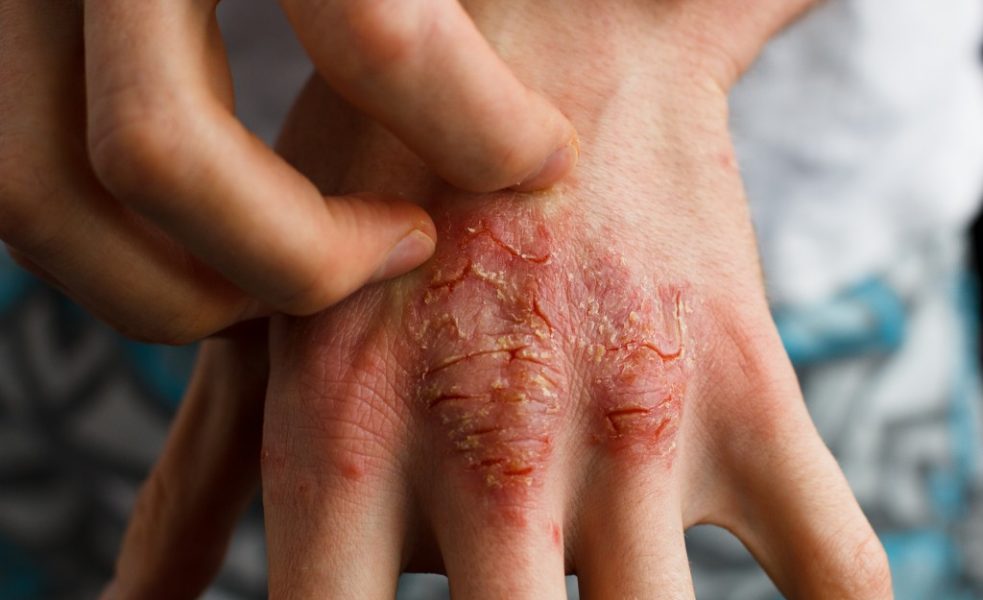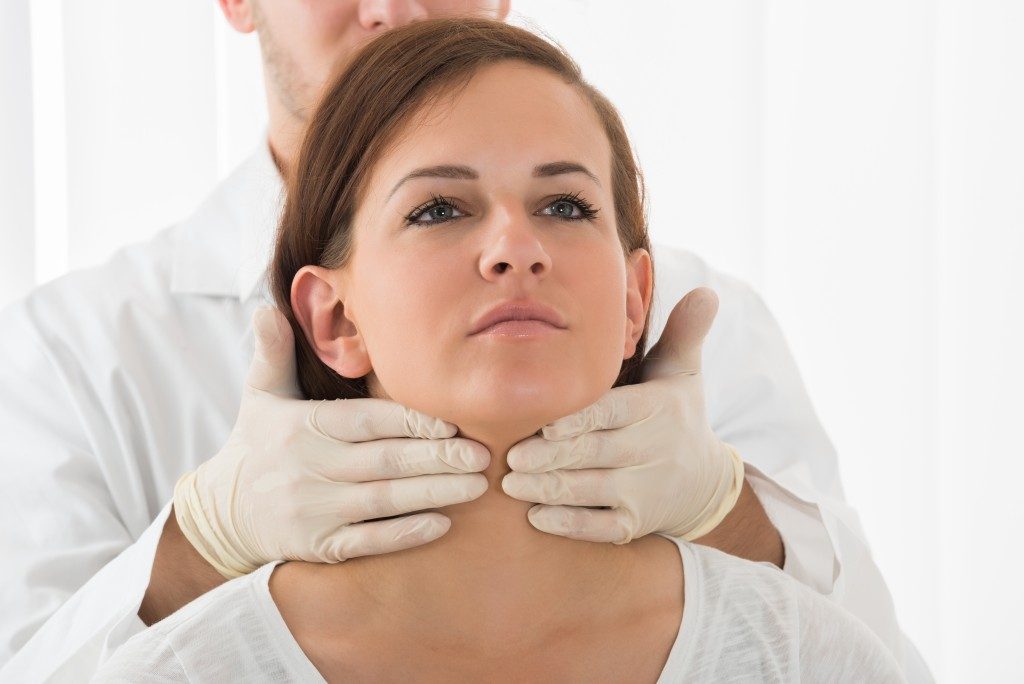Eczema is a common skin condition that can leave the skin feeling dry, itchy, and sore. Sometimes flare-ups can become difficult to control. While scientists have come one step closer to finding a cure for eczema, they aren’t fully there yet.
In the absence of a cure, eczema treatment usually involves a combination of topical corticosteroids and moisturizers to reduce its symptoms. However, these don’t work for everyone. As a consequence, more and more people are looking to natural remedies to help manage their symptoms.
Before you try these natural remedies, you should consult dermatologists in Salt Lake City and elsewhere. More likely than not, natural remedies will work best in conjunction with conventional medication.
Sunflower Seed Oil

Sunflower seed oil can boost the skin’s barrier function, which would help it retain the moisture that it needs. It can also help heal the skin, protecting it from bacterial invasion. Additionally, it has anti-inflammatory properties. Apply sunflower seed oil to your skin twice a day, making sure that one of those times is after a shower while your skin is still wet.
Manuka Honey
Manuka honey contains naturally strong antimicrobial elements. These can help kill off the pathogenic bacteria that can trigger eczema when they penetrate the skin. Killing off the bacteria can reduce inflammation. Manuka honey also has antifungal and antiseptic properties that can help with the symptoms. You can apply manuka honey topically to the skin or eat small doses of it each day.
Apple Cider Vinegar
It is suggested that yeast may play a role in eczema, particularly in young adults. With its anti-yeast properties, apple cider vinegar is a good, natural way to address this.
Massage
Stress plays a huge role in eczema flare-ups. A stress reliever like a nice, soothing massage can help eczema sufferers. It is important that you go to a masseuse or massage therapist who is experienced in working with people who have non-contagious skin conditions.
Additionally, a massage can also become a great way to apply moisturizer on the skin of children with eczema. It is a gentle and soothing way to help treat your children.
Acupuncture
Acupuncture is an ancient Chinese treatment that involves inserting ultra-thin needles into specific areas of the body. This treatment has long been used to manage several conditions, from relieving pain to reducing the itchiness inherent in eczema.
Bathing
For people with eczema, whether or not to bathe can be confusing. Some doctors argue that too much bathing can dry out the skin, while others suggest bathing twice a day to reduce water loss in the skin. The best practice is to bathe once a day and then putting on moisturizer immediately after, to lock in the moisture. This will wash away allergens and other skin irritants while keeping your skin hydrated.
No matter what alternative treatment you choose to try, you should consult with your dermatologist first. Together, you can determine a treatment that is right for you and your skin.
Until scientists and dermatologists find a safe and effective cure, it is important to keep an open mind about complementary treatments that can provide people with much-wanted relief.



